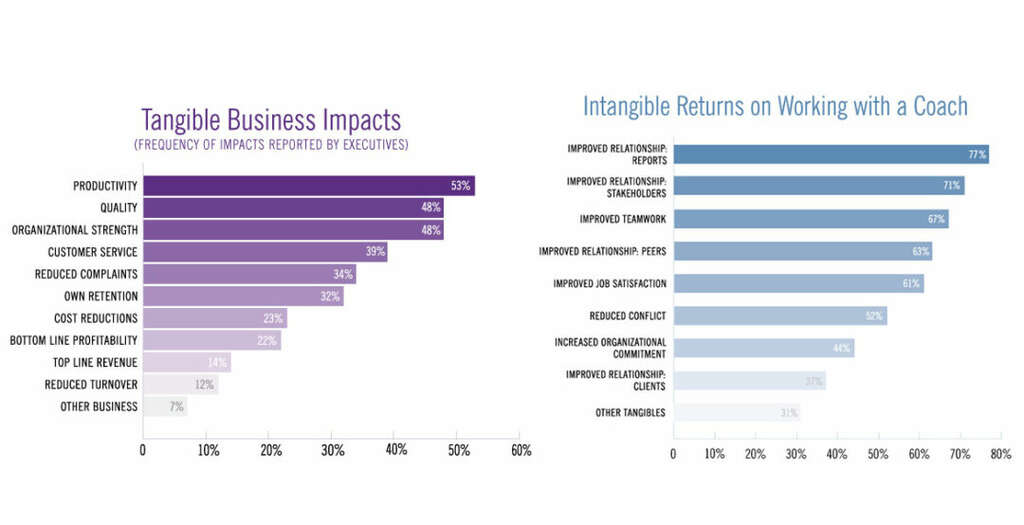Why Every Leader Needs an Executive Coach
Executive coaching has proven to be an indispensable tool for leaders seeking to maximize their effectiveness and drive organizational success. Let's delve into why executive coaching is pivotal and what it can achieve based on comprehensive research and real-world data.
Strategic Tool for Leadership Excellence
Executive coaching is not just for correcting weaknesses; it is a strategic investment that enhances performance and fosters innovation. A survey among venture capitalists revealed that nearly 60% of CEOs at the growth stage of their companies have engaged with coaches. This underscores coaching as a strategic tool for enhancing performance and driving business growth.
The financial justification for executive coaching is compelling:
- General ROI: Research consistently shows that high-quality coaching delivers a substantial return on investment (ROI), often exceeding 500%.
- International Coach Federation Study: According to this study, 86% of companies reported that they recouped their investment on coaching, with 96% of those who had an executive coach willing to repeat the process. Read more about this study here.
- Harvard Business Review Findings: This publication reported that executive coaching leads to significant improvements in work performance (70%), business management (61%), time management (57%), and team effectiveness (53%). Explore the article here.
- ROI Specifics: Another study found that coaching has an ROI of 788%, based on factors including increases in productivity and employee retention. Organizations with strong coaching cultures also report higher revenues than their industry peers.
What You Can Achieve with Executive Coaching
Enhanced Leadership Effectiveness: According to the Conference Board, organizations with robust leadership development programs report 60% higher business growth rates and 40% higher profitability. Conference Board report summary.
Improved Employee Engagement: Gallup research shows that companies with highly engaged employees outperform their peers by 147% in earnings per share. Gallup's findings on employee engagement.
Increased Innovation and Agility: A PwC survey found that 72% of executives believe coaching improves their ability to lead innovation and navigate complex changes. This adaptability is crucial in today’s fast-paced business environments. Read the PwC survey here.
Broad Impacts of Executive Coaching
Through executive coaching, leaders enhance their communication skills, increase self-awareness, and improve conflict resolution. These improvements foster a healthier work environment, promoting effective collaboration and a strong team dynamic. Executive coaching not only refines a leader's decision-making and problem-solving skills but also aligns their actions with the organization's long-term goals, enhancing overall business performance.
In summary, executive coaching offers a strategic advantage by developing leaders who can inspire, innovate, and lead their organizations to new heights.


